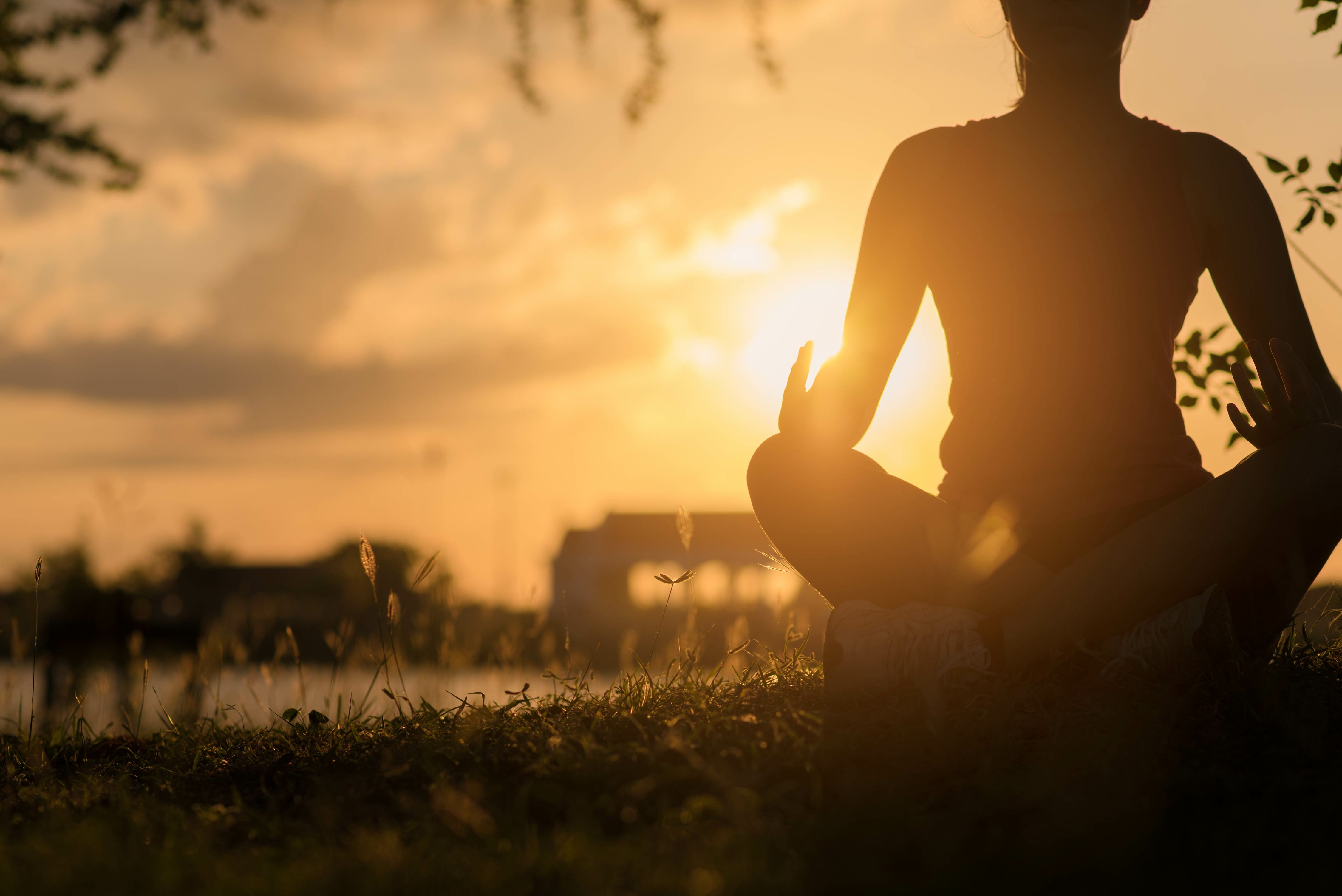
"Matthew Sacchet, director of the meditation research program at Harvard Medical School, indicates that meditation, while beneficial for many, can also lead to significant suffering in some individuals. This unexpected outcome has prompted calls for greater scrutiny by researchers and clinicians into the effects of meditation beyond its therapeutic applications."
"Research reveals that meditation can induce altered states of consciousness that may be perceived as mystical or spiritual. These experiences, including out-of-body sensations, remain largely unaddressed in contemporary scientific literature, suggesting a gap in understanding the full range of meditation's effects."
Research shows a growing trend in meditation practices in the U.S., with 17.3 percent of adults engaging in it as of 2022. Although meditation is generally associated with positive outcomes such as reduced stress and improved emotional regulation, studies led by Matthew Sacchet reveal that it can also lead to negative experiences for some practitioners. Sacchet found that 45 percent of participants report experiencing altered states of consciousness during meditation, often mystical but sometimes resulting in distress, an issue that necessitates further research and understanding.
Read at Harvard Gazette
Unable to calculate read time
Collection
[
|
...
]